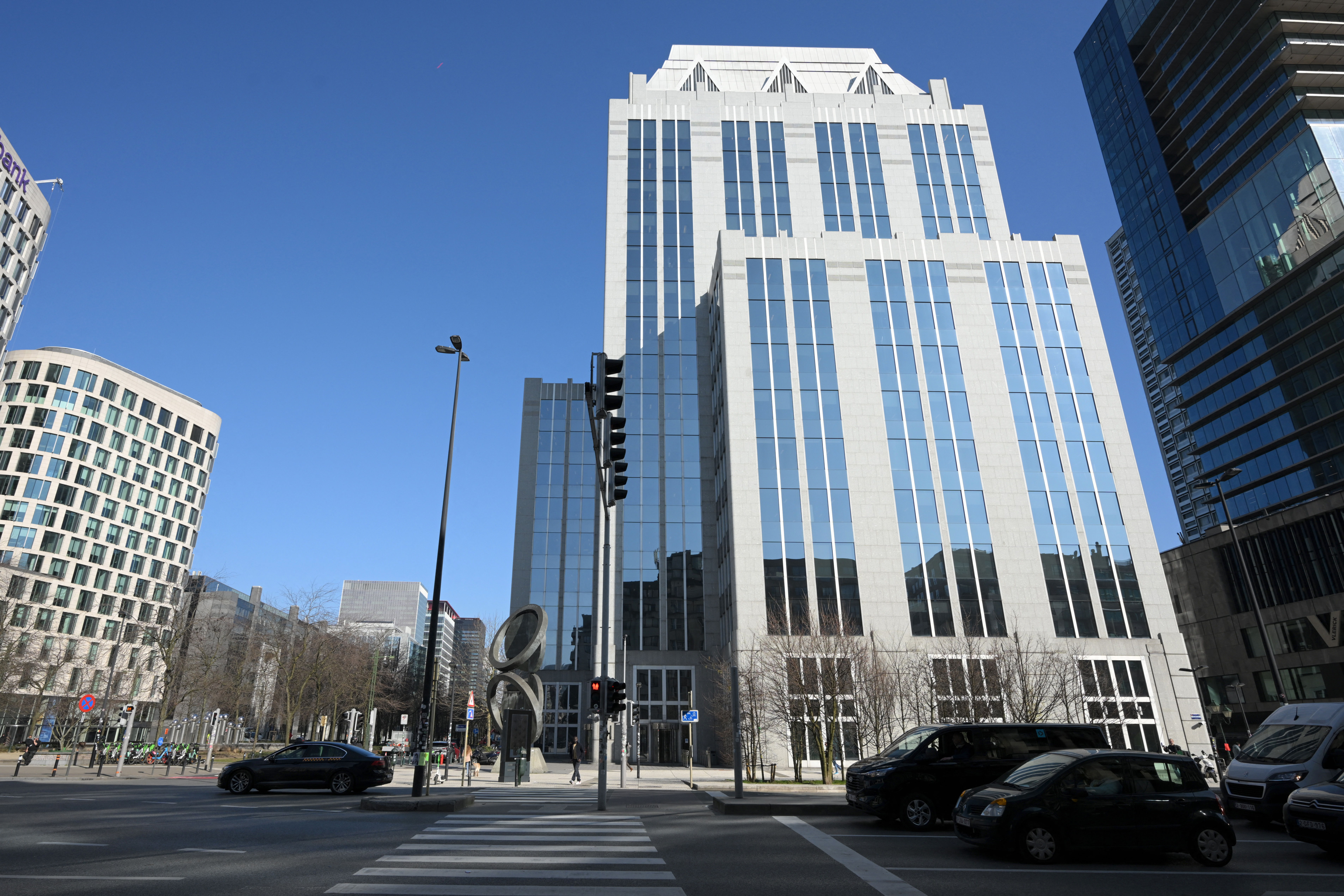EU leaders debate seizure of frozen Russian assets amid legal and economic concerns

The European Union is again considering the seizure of frozen Russian assets held in Euroclear. But Belgian prime minister Bart De Wever (N-VA) urges caution, warning against rash decisions that could undermine financial stability.
Since Russia's invasion of Ukraine, 300 billion euros of Russian central bank assets have been frozen, with some 190 billion euros held in Belgium under its jurisdiction. With US military support for Ukraine wavering due to resident Donald Trump's diplomatic stance, some Western countries see these funds as a vital financial resource. But legal obstacles remain, as Russia technically retains ultimate control over the funds despite sanctions.
Outdated legal principles
Proponents of seizure argue that in a changing geopolitical climate, Europe should not cling to outdated legal principles, especially as the US itself departs from traditional norms. But De Wever warns that such a move could undermine confidence in the international financial system and damage the credibility of the euro.

While direct confiscation remains controversial, alternative proposals include using the interest earned on the frozen assets - already taxed in Belgium - to support Ukraine, or using the funds as a bargaining chip in peace negotiations. As short-term thinking dominates US policy, European leaders face a delicate balance between immediate financial needs and long-term geopolitical stability.
© Nicolas TUCAT / AFP
Related News
